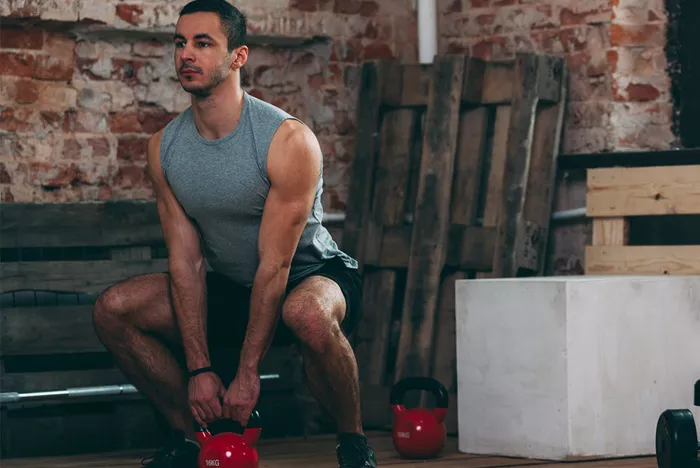NEW YORK — A growing number of Americans are becoming skeptical of the $100 billion fitness industry. A new study reveals that 47% of active adults now trust their own body signals more than fitness experts, influencers, or tracking devices when making decisions about exercise.
The study, titled “The End of Expert Rule,” was conducted by creative agency Mythology and research partner Vytal World. It highlights a major cultural change in how people view exercise and wellness.
“People are starting to question the idea that others know their bodies better than they do,” said L Parker Barnum, Managing Director at Mythology. He added, “This is not about rejecting science or expertise completely. It’s about pushing back against how health has been commercialized and the intense, obsessive fitness culture we have seen over the years.”
Moving Away from “Performative Suffering”
The survey included 1,000 U.S. adults who are active in fitness. It showed many people are rejecting the idea of “performative suffering”—the mindset that you must endure pain to prove your fitness. Nearly 30% of respondents said the “no pain, no gain” idea is now an outdated fitness trend.
Only 7% said they trust AI systems or fitness tracking technology the most. This challenges the common belief that digital tools are necessary for achieving wellness.
Four Main Trends Behind This Shift
The report points out four key reasons for this change:
Rise of Self-Trust: Almost half (47%) of respondents say they rely more on their body’s signals than outside experts.
Community Experimentation: Groups of friends are creating new, personalized fitness routines. Nearly half (49%) of people prefer this over following strict programs. Younger generations differ in their approach—Gen Z values honesty and learning, while Millennials focus on saving time and being efficient.
Try-Before-You-Buy Mentality: Personal experience drives 45% of buying choices. This beats scientific proof (26%) and social trends (8.4%).
Rejection of Extreme Fitness: One-third expect fitness in the future to focus on health and longevity rather than appearance. Nearly a quarter (24%) see expensive branded workout clothes as less important status symbols.
Natalie Mbogo, Co-Founder and Chief Strategist at Vytal World, explained, “We are seeing fitness culture mature. Instead of the ‘hustle culture’ that celebrated exhaustion in the 2010s, people now prioritize long-term health, injury prevention, and mental wellness.”
What This Means for Brands
These changes pose challenges for fitness brands. Companies that want to succeed will need to stop acting as the sole authority. Instead, they must become partners with their customers, respect their knowledge, encourage sharing of ideas, and focus on how products feel—not just how they look.
The study warns of “influencer fatigue.” Brands need to adjust their marketing strategies to this new reality or risk becoming irrelevant as consumers take control of their own fitness journeys.

